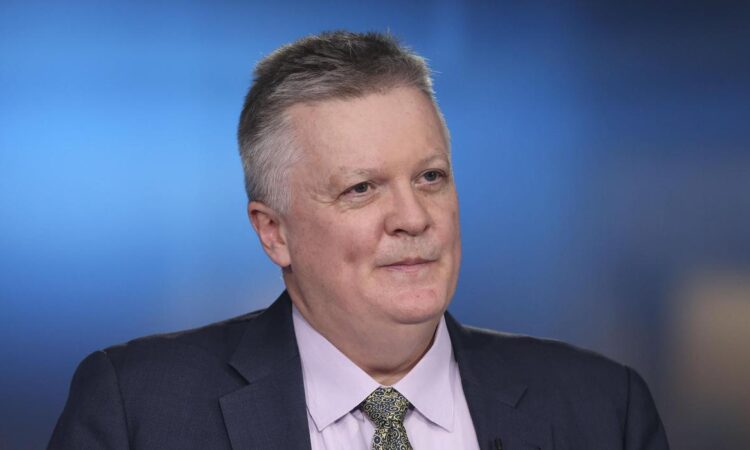
The pound rose on Friday, boosted by data that showed business activity expanded at its fastest pace in eight months in February, which added to the view among investors that UK rates will continue to rise beyond March.
he final version of the S&P Global/CIPS UK services Purchasing Managers’ Index (PMI) increased to 53.5 last month, up from 48.7 in January, the strongest rate of growth since June last year. Any reading above 50 represents an expansion.
S&P Global said the recovery in business activity in the services sector, which grew for the first time since August, was partly linked to expectations of interest rates peaking.
Sterling rose 0.4pc against the dollar to $1.199 and gained 0.3pc versus the euro to trade at 88.45 pence.
The pound has risen by almost 1pc this week, supported by a shift up in expectations for UK rates, and in part by Britain reaching an agreement with the European Union on post-Brexit trading rules for Northern Ireland.
Financial markets expect the Bank of England’s main rate to top out at 4.75pc in August, up from 4pc now and up from expectations for a peak around 4pc a month ago.
“ Bank of England chief economist Huw Pill said that inflation risks in the UK economy continue to remain tilted to the upside, and supported the idea that rates are likely to have to continue to rise,” CMC Markets chief strategist Michael Hewson said.
“His tone was in contrast to Governor Andrew Bailey the day before who would have markets believe that the probability of another rate hike in a couple of weeks’ time should not be taken for granted,” he added.
That said, a series of inflation readings across the euro zone this week has prompted a number of large investment banks to increase their forecasts for the peak in European Central Bank rates, which poses a risk to sterling’s yield advantage.
Ten-year gilts currently yield around 3.87pc and have risen by 80 basis points in the last four weeks, compared with benchmark 10-year German b unds, which have risen by 53 bps in that time and yield around 2.72pc.
But ECB policymakers have sounded a far more hawkish tone than the Bank of England.






